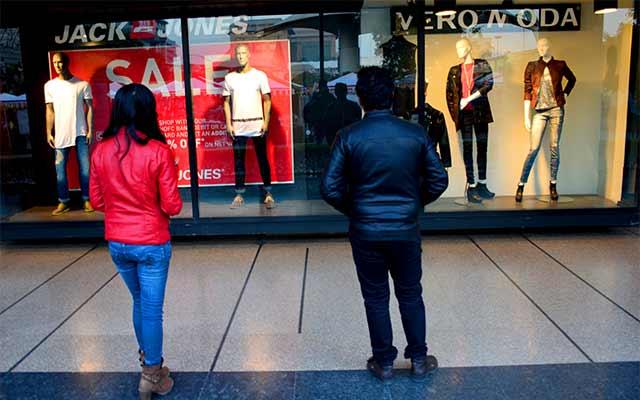The government made its political priority clear while presenting its second full-year Budget with a big section of the announcements focused on boosting the ailing farm sector and tax relief to small tax payers. Even as the finance minister remained quiet on a new timeline for Goods & Services Tax (GST), consumer goods makers at large stand to benefit from rural demand.
“Overall, this is a responsible ‘rural first’ budget that attempts to revive demand, while continuing on the path of fiscal consolidation. The implementation of transformative reforms, like the GST, at the earliest, are, however, imperative to fast track economic growth and boost consumer confidence,” said Vivek Gambhir, MD at Godrej Consumer Products Ltd.
Another FMCG major Dabur too hailed the plethora of announcements. “These initiatives would help promote entrepreneurship among the rural populace, add jobs and put more disposable income in the pockets of the rural consumer, improving their standards of living and ensuring continued rural demand for branded consumer goods,” said Sunil Duggal, CEO of Dabur India Ltd.

However, Marico’s CEO Saugata Gupta pointed out that crucial tax reforms particularly with respect to GST and rationalisation of tax rates have been kept in abeyance.
In particular, the Budget talked about education and food processing sectors related to consumer goods and services industry at large.
The finance minister committed to set up a higher education financing agency at an investment of Rs 1,000 crore. He also talked about 100 model career centres, which will help job-seekers with all the employment-related information they need—from career counselling to apprenticeship and jobs on offer.
Rajat Wahi, partner and head of consumer markets at audit and consulting firm KPMG, welcomed the government’s proposal to permit the opening of retail shops for all seven days of the week. “If adopted by the states, it is expected to benefit the small retailers, generate more employment in the sector, as well as create uniformity in retail operations across the country,” Wahi said.
In a major gain for the food processing sector, the government allowed foreign direct investment (FDI) through the FIPB route in the marketing of food products produced and manufactured in India.
It has, however, refrained from defining what it means by 'marketing'. Some market analysts are interpreting it to say that the government has quietly allowed 100 per cent FDI in food retail sector, though others disagree. This has been a sensitive subject for years, especially for BJP as a political party that draws support from the traders community who have been opposed to FDI in retailing. Indeed, BJP government had virtually put the lid on further opening of retail sector.
Finance ministers over the years have made a habit of giving with one hand and taking from the other. This year wasn’t an exception as Arun Jaitley incentivised buyers of small to mid-income housing projects while making many other things costlier.
Cigarette makers are slapped with higher excise duty. “The proposed excise hike of 10 per cent to 15 per cent for tobacco products (excluding beedis) is expected to impact the organised tobacco sector. The unorganised sector, primarily beedi manufacturers, will not be impacted,” added KPMG's Wahi.
Apart from cigarettes, automobiles would also cost more. For small cars running on petrol, CNG and LPG, the government has imposed a cess of 1 per cent. This cess is pegged at 2.5 per cent for small diesel cars and as high as 4 per cent for larger cars including SUVs.
Among others, the finance minister has raised or imposed excise/customs duty on jewellery, mineral water and aerated drinks, e-readers such as Kindle while domestically assembled set-top-boxes, modems and other items got tax relief.
The Budget doesn’t augur well for the branded apparel sector. Excise duty on branded readymade garments with retail selling price of over Rs 1,000 has been re-imposed.
It also imposed a higher tax on air turbine fuel that could affect airfares.
Then there is a general cess that would make all taxable consumer services a tad dearer.






